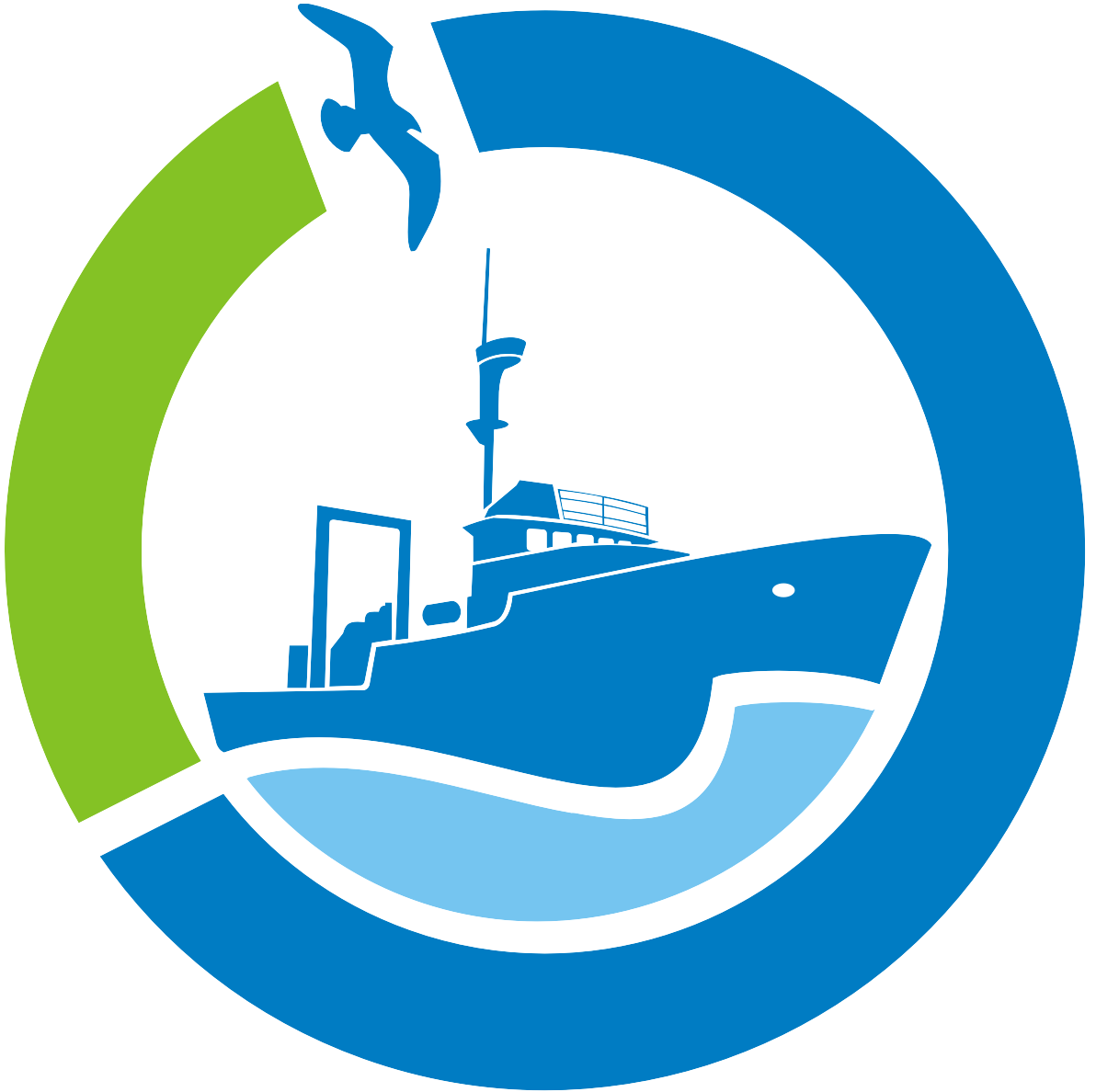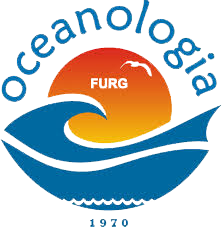School regimen: semiannual
Shift: full time
Total workload: 2050 hours per class
Minimum formation time: 6 semesters
Maximum formation time: 11 semesters
The curriculum content includes environmental manager's Basic, General and Professional Formation, according to these lines:
1) Basic Formation: the curriculum includes study topics in environmental and social areas. The subjects related to this line are:
• Climatology and Hydrology
• Systems Ecology
• Fundamentals of Socio-economic Analysis
• Fundamentals of Ecological Process
• Geology Applied to Environmental Management
• Introduction to Environmental Management
• Brazilian Environmental Legislation
• Environmental Chemistry
2) General Formation: the curriculum includes technical and instrumental study topics that will support the exercise of professional activities. The subjects related to this formation line are:
• Landscape Ecology
• Environmental Assessment Equipment
• Descriptive Statistics
• Introduction to Remote Sensing
• Environment and Development
• Geographic Information Systems
• Special Topics in Environmental Management
3) Professional Formation: the curriculum includes study topics focused on the effective professional exercise. The subjects related to this formation line are:
• Environmental Auditing and Certification
• Environmental Impact Assessment
• Environmental Management Education
• Preparation and Evaluation of Environmental Projects
• Environmental Management of Projects I and II
• Urban Environmental Management
• Protected Areas Management
• Watershed Management
• Environmental Licensing
• Environmental Planning
• Communication and Social Negotiation Techniques








